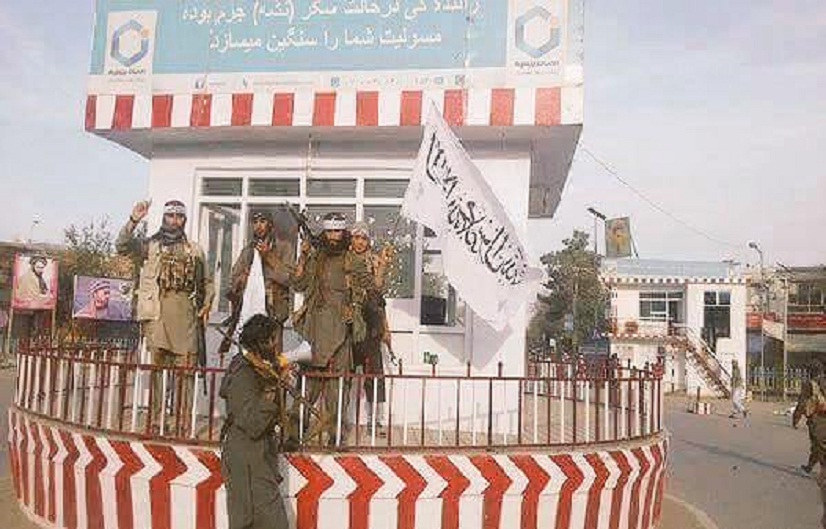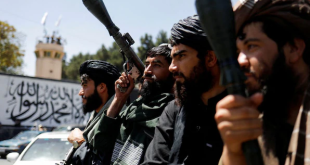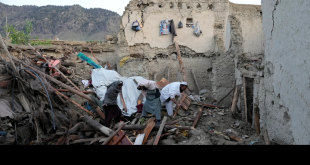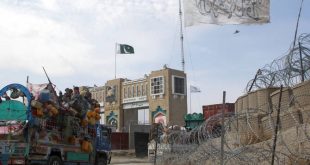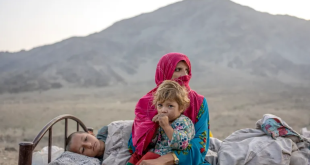Nawaz Sharif’s Special Advisor on Foreign Affairs Sartaj Aziz said that Pakistan’s policy of non-interference in the affairs of other countries has played key role in improvement ties with Afghanistan and India. However, the facts suggest something else, much more different than what Sartaj Aziz sketched. The fact is that Islamabad is still financing militancy in Afghanistan. A 12-member insurgent group that joined the peace process in Balkh province said that militants were trained and supported by Pakistan. Commander of the group, Azad Khan, said that Pakistan was giving them Rs12 million on quarterly basis to carry out subversive activities against the Afghan government. Khan has been involved in anti-state activities for three years and saw everything from very close. He also received training in the neighboring country. His words carry weight.
It is time to provide the eyewitness accounts to Islamabad and question approach of the Pakistani authorities regarding the Afghan peace process. On one hand they claim playing role in revival of the stalled Afghan peace process while on the other hand they are funding militant groups to attack Afghan security forces and control or at least destabilize more areas. To provide impetus for talks after bad experience when the first face-to-face talks in Murree failed, Kabul has approached China and the US to end the ongoing war. Formation of the Quadrilateral Coordination Group (QCG) is product of the Afghan government efforts.
However, the key question remains unanswered. What does Pakistan mean by the policy of non-intervention? Does it mean training, financing and sheltering militants? If not, then where are the key leaders of the Taliban and Haqqani network? Whether support is overt or covert but it will affect relations of the two countries. Siding with militant groups will never restore peace and stability in the region. Such policy will also have wider implications over the QCG. Pakistani authorities cannot turn their face from the ground realities. The country that provides shelter to Afghan militants is solely responsible for helping to clinch peace deal with the insurgents. Key responsibility in the peace process falls on the shoulder of those who control these groups and have clout over them.
As far as the Afghan government is concerned, it shall stress on a timeline approach, so the time is not wasted. Moreover, it shall also emphasize on joint military action against those militant factions that are not ready to reconcile. The militants are doing the same. They claim that they are ready to talk but at the same time they have accelerated anti-state activities. We shall response in the same manner—expand military operations.
 Afghanistan Times
Afghanistan Times
